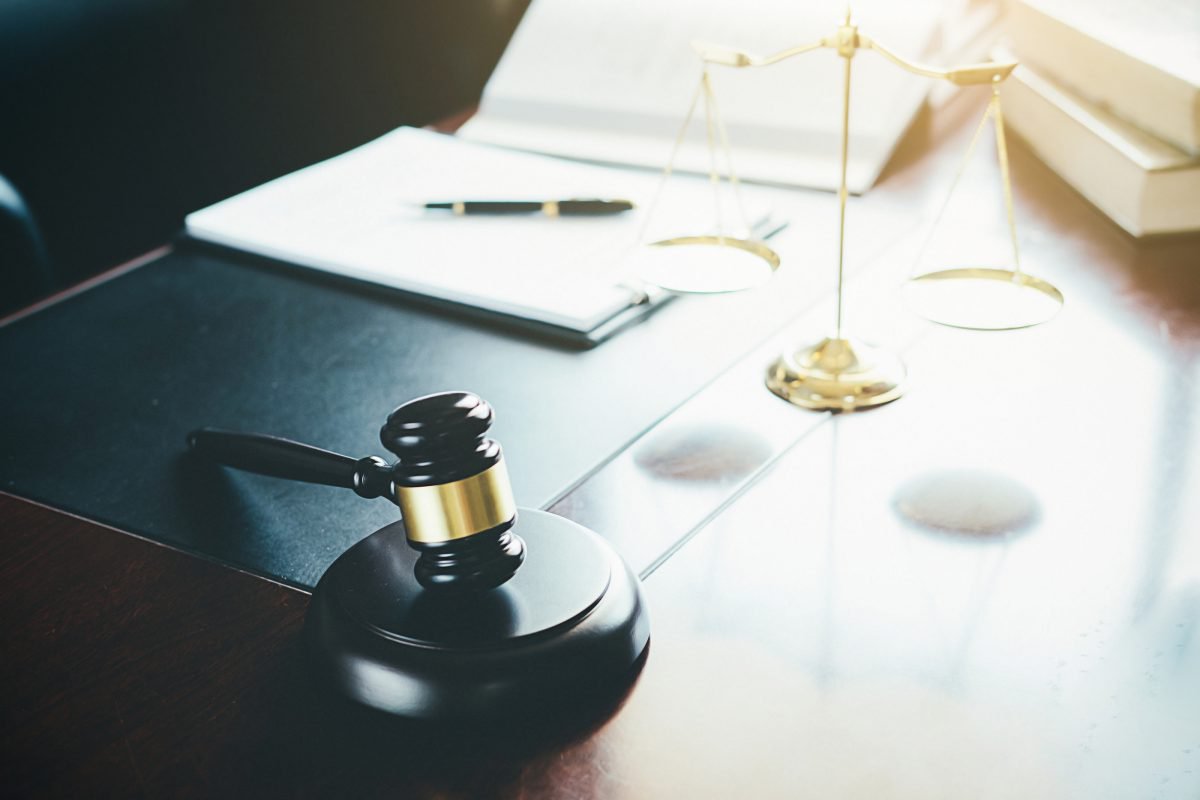If you’re the defendant in a civil case and the judge rules against you, the courts grant you the right to appeal. You won’t have to pay the judgement until your appeal is complete, but first you will need to obtain a supersedeas bond. Also sometimes called an appeal bond or a defendant appeal bond, a supersedeas bond provides a financial guarantee that you will pay for any judgement in the event that your appeal fails. When plaintiffs obtain a bond they enter into a surety agreement. Under that agreement, the bond holder must pay for any claims filed against the bond by the plaintiff in the case.
What is a Supersedeas Bond?
Before agreeing to hear an appeal in a civil case, the judge will require the plaintiff to procure a supersedeas bond from a reputable surety brokerage like Viking Bond Service. Once the bond is in place, the bond holder can forego paying for any judgements until after the judge rules on the appeal. If the defendant loses the appeal, meaning they owe a financial settlement to the plaintiff, and the defendant refuses to pay, the plaintiff may file a claim against the bond. The surety brokerage that issues the bond will then investigate the claim. Provided that it’s valid, the surety also agrees to settle any claims that the bond holder doesn’t. When that happens, however, the bond holder (the plaintiff) must pay the same amount back to the surety brokerage, probably with interest and fees added.
Who Are the Parties in a Supersedeas Bond?
The bond holder is just one of three parties involved:
- Principal – The plaintiff in the civil case who’s required to get a bond and obligated by the bond agreement to pay for any valid claims.
- Obligee – The defendant in the civil case who has the right to file claims against the bond if the plaintiff/principal fails to pay court judgements.
- Surety – The company that issues the bond and agrees to settle claims the principal cannot. Afterwards, the principal pays the surety back.
Why Get a Supersedeas Bond?
First and foremost, because the courts will not hear an appeal if the plaintiff lacks the legally-mandated bond. It’s a non-negotiable requirement. Courts require bonds to discourage plaintiffs from pursuing frivolous appeals that have no merit but allow the plaintiff to avoid payment for longer. Bonds also ensure that defendants get justice and financial compensation if the courts rule in their favor. Beyond the legal requirement, the reason to get supersedeas bonds is so the other parties involved – the court and the defendant – feel comfortable moving forward with an appeal. Ultimately, bonds serve everyone’s interests.
Who Needs a Supersedeas Bond?
That’s for the courts to decide. Generally, though, anyone appealing the outcome of a civil case needs a bond. Said bond must conform to the specific requirements set forth by the court and come from a surety brokerage authorized to issue bonds in the same state as the court proceedings. Since the appeal can’t proceed until the plaintiff proves he or she has a bond, there’s no reason to wait to get one when the court requires it. There may even be penalties for waiting too long, making it important to partner with an organization like Viking Bond Service as early as possible.
How Much Does a Supersedeas Bond Cost?
The value of the bond and the cost to obtain it are two different things. The courts determine how much the bond must be worth, meaning how much the company that issues the bond agrees to pay out on the bond holder’s behalf. Typically, courts require bonds to cover the full value of the settlement in question – so if the plaintiff appeals a $100,000 settlement the bond probably has an equivalent value or slightly more to cover the defendant’s court costs and fees. Bonds cost a small percentage of the total value, meaning the $100,000 bond might cost just a few thousand dollars to obtain. The exact cost depends on the bond applicant’s credit risk as determined by his credit score, financial history, and the details of the civil case. More often than not, plaintiffs must also put up full-cash collateral before being approved.
How to Get a Supersedeas Bond?
The requirements for a supersedeas bond are simple. Applicants need to submit a copy of the court order requiring the bond and complete a standard bond application with information about their finances and background. Underwriters at the surety may also request additional documentation related to the court case or the applicant’s financial history. They will then use the information to calculate a price (called the premium) for the bond. After paying the premium, the bond holder receives documentation proving to the courts they have the required bond.
Viking Bond Service – Upholding the Appeals Process
Wouldn’t you rather focus on your appeal than your bond? With Viking Bond Service, located at 22601 N 19th Ave, Phoenix, AZ 85027, securing a bond that meets the mandates of the courts in all 50 states couldn’t be simpler, and you can expect to receive a quote within 48 hours. Start the process at any time by completing our online bond application 24/7. You can also connect with one of our court bond experts through the contact form on this page or by calling 888-278-7389.


